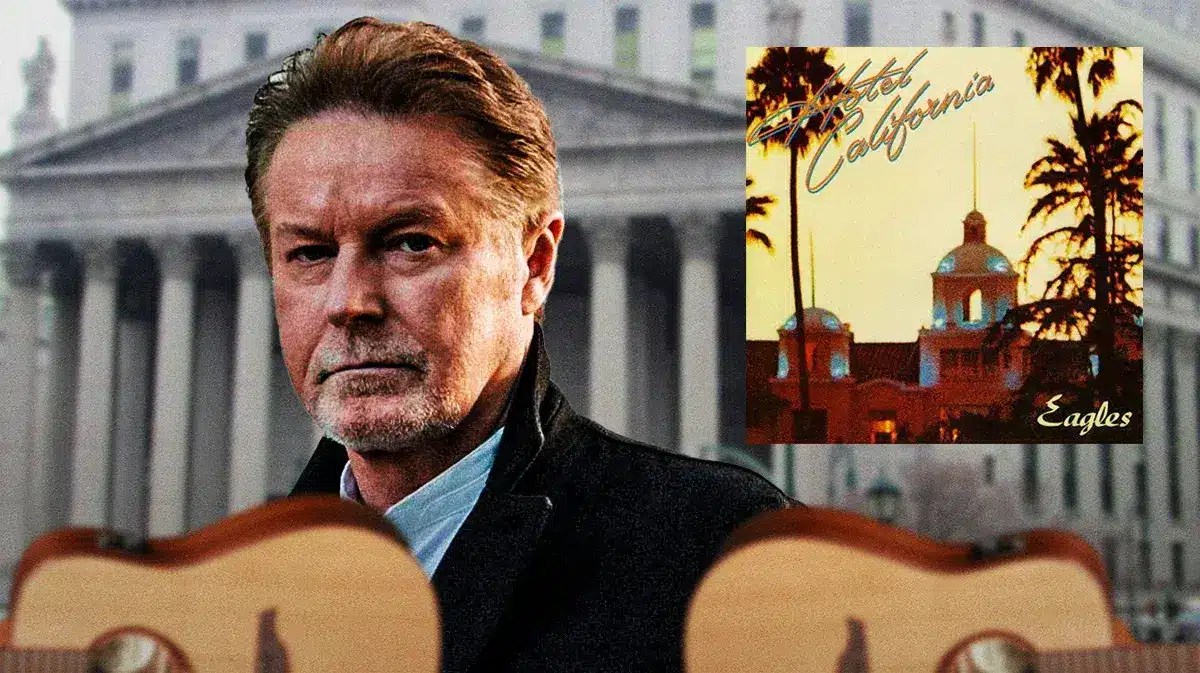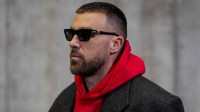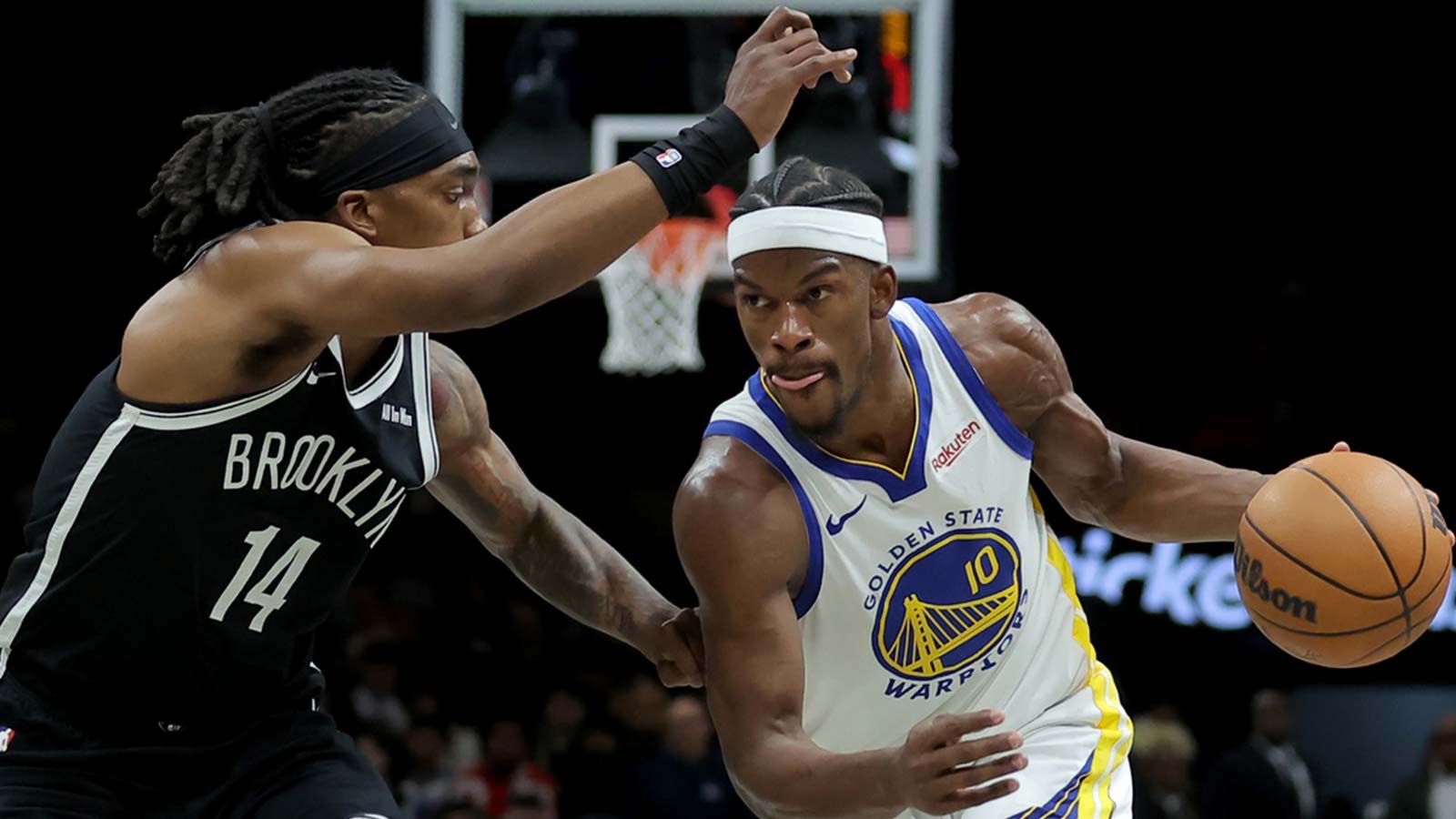Don Henley, co-found of the Eagles — one of the seminal rock bands of all time — wrapped his testimony on Wednesday in a criminal case between him and three collectibles dealers. The trial, known as the Hotel California lawsuit, centers on Henley's claim that old notepads of his with original Eagles lyrics from such hits as Hotel California, Life in the Fast Lane and New Kid in Town, were stolen from him and therefore don't have the right to be sold at auction.
Even one week in, the trial — already unusual for being prosecuted in criminal court, as opposed to civil court or through a settlement — has turned pretty dark and personal rather quickly.
The prosecution, in an attempt to beat the defense to the punch, proactively brought up Henley's troubled past around the time of the alleged notebooks theft.
In 1980, Henley was arrested when an underaged sex worker he called to his home overdosed on cocaine. Henley pleaded no contest to the misdemeanor charge of contributing to the delinquency of a minor following the incident and was sentenced to probation.
Henley was very open about his remorse regarding the event in his testimony, according to USA Today, citing his depression at the time as his reason for calling the sex worker. “I wanted to forget about everything that was happening with the band, and I made a poor decision which I regret to this day,” Henley admitted.
“I've had to live with it for 44 years,” he continued. “I'm still living with it today, in this courtroom. Poor decision.”
As far as why Henley is so willing to dredge up painful events from the past for this trial, he clearly values the original lyrics journals very dearly. As he explained the issue, according to reporting in the AP, “It just wasn't something that was for public viewing. It was our process. It was something very personal, very private.”
“I still wouldn't show that to anybody,” Henley continued.
Henley alleges that the manuscripts were stolen from him in the late 1970s when he gave them to an Eagles biographer, Ed Sanders, to borrow. Sanders instead kept them permanently, then is accused of selling the manuscripts in 2005 to Glenn Horowitz, a rare book dealer. Horowitz in turn sold the pages to rock memorabilia specialists Craig Inciardi and Edward Kosinski. Horowitz, Inciardi and Kosinski are all charged in the case, and all three have pleaded not guilty.
It's interesting to note that Sanders has not been charged with a crime, even though how he got the notes is the key issue at the heart of the trial.
After being pressed to remember every detail about his encounter with Sanders at the time of the alleged theft, Henley shot back, “You know what? It doesn't matter if I drove a U-Haul truck across country and dumped them at his front door.”
“He had no right to keep them or to sell them,” Henley argued.
Now it's in the court's hands to decide. But for Don Henley to face renewed public scrutiny like this, he must feel pretty passionate about keeping his creative process with the Eagles, as detailed in his Hotel California lyrics notebooks, as private as possible.



















